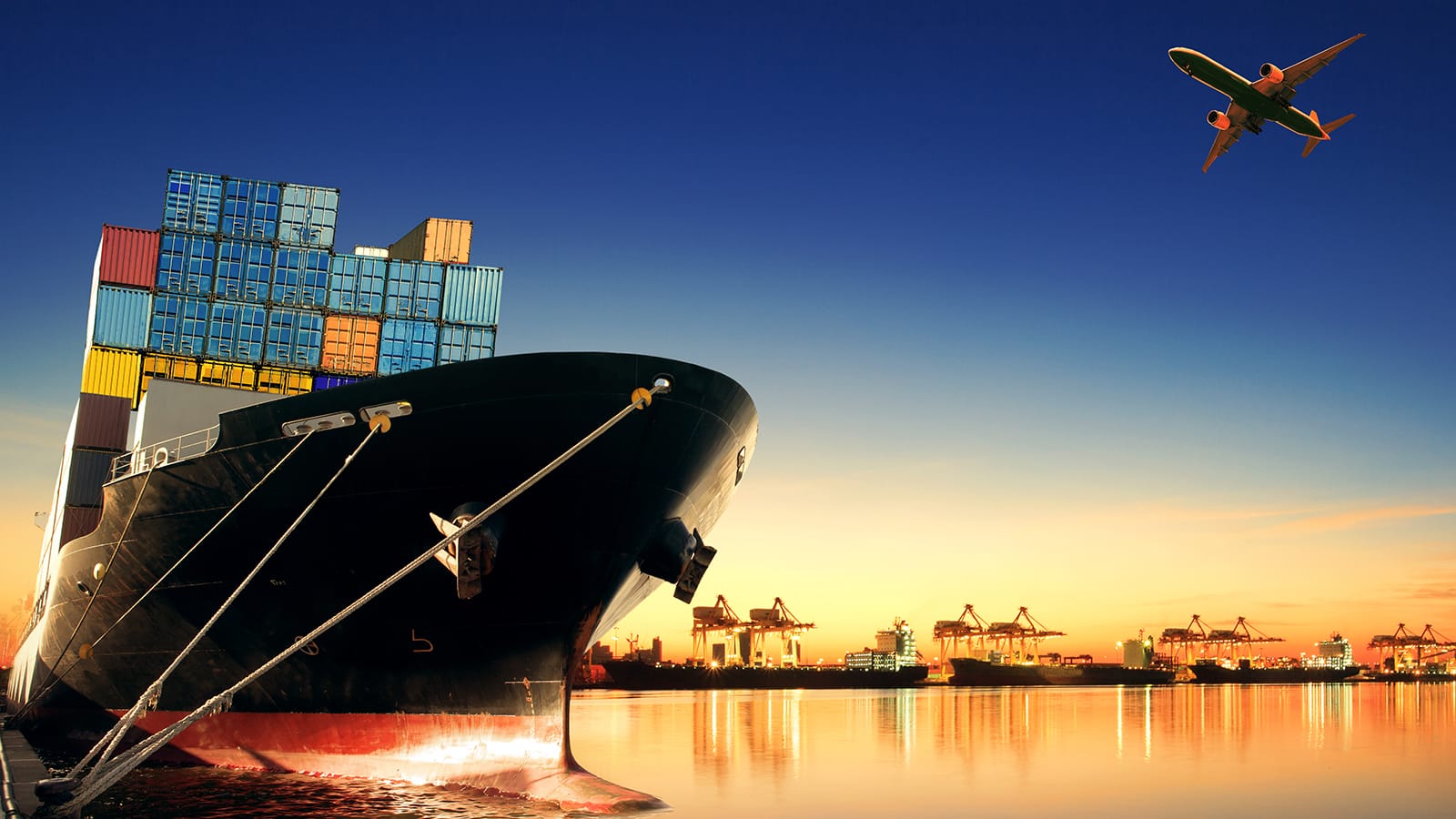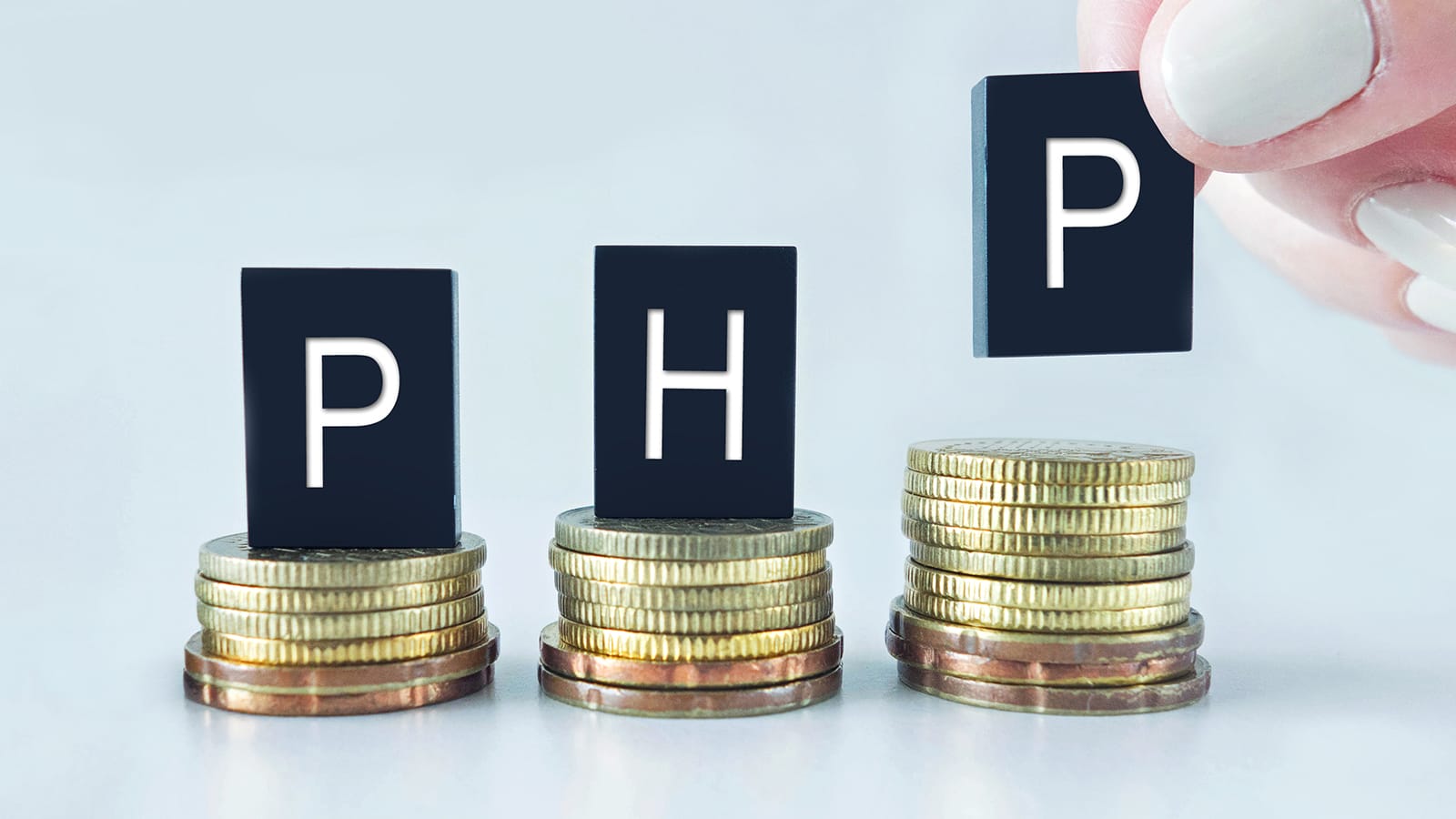Table of contents
Are you trying to find out how much will be your shipment import tax in the Philippines? As per The Philippines Customs Law, all imported goods coming into the country are subject to payment of duties, taxes and other local charges.
In this article, we show you how to calculate import tax and what are some of the extra charges you should be aware of.
How to Calculate Import and Sales Tax in the Philippines?
As a foreigner importing goods into the Philippines, it is mandatory to pay taxes on the imported goods. The import tax and duty payable are dependent on the type of goods and their origin. To avoid overpayment, it is important to know how to calculate the import tax and duty accurately.
The two essential factors to consider while calculating the import tax and duty are the tariff classification code designated to the goods by customs officials and whether the goods come from a country that has a preferential trade agreement with the Philippines.
How to calculate import tax in the Philippines? The import taxes and duty will be calculated based on the complete shipping value. This also includes the cost of your imported goods, the freight, and the insurance. As well, the imports are subject to Sales Tax.
Duty and Sales tax for the Philippines:
|
Duty Rates | Average Duty Rate | Sales Tax(GST) or VAT |
Threshold on goods | |
|
0% to 65% | 10.5% | ST=12%
VAT = ST * (CIF + Duty) | No duty if the CIF value won’t exceed US$15 |
Example:
If the CIF value of the imported goods is USD 1,000, Import Duty is 5%, and the Sales Tax is 12%. Then the duty/taxes calculation is:
Import Duty = 5% * USD 1,000 = USD 50
VAT = 12% * (USD 1,000 + USD 50) = USD 126
Total Import Duty and Tax = USD 50 + USD 126 = USD 176
| Import Duty | : % * USD = USD | |||
| VAT | : % * (USD + USD ) | |||
| : | ||||
| Total Import Duty and Tax | : | |||
[wpforms id=”4694″]
Make sure to read our post Complete Guide to Setting Up a Company in The Philippines, where we also describe different legal entity types.
Changes in the Import Tax in the Philippines
Importing to the Philippines is now easier as the tariffs have been removed on approximately 99% of all goods from ASEAN trading partners due to the ASEAN Trade and Goods Agreement (ATIGA).
The highest customs tariff rates apply to products derived from sugar and cereal products. However, a rule of thumb is that higher tariffs are overall implemented on imported manufactured goods if they are in competition with locally produced items. Especially when in comparison to those without any or low local competition.
The Government’s main idea behind the applied duty rates is to follow domestic and global economic developments. This provides protection to local producers, especially in the sectors concerning manufacturing and agriculture.
Extra Taxes and Customs While Importing
The Philippines Custom system is based on the Standard International Trade Classification (SITC) of the United Nations (Revision 2).
Payment of Ad Valorem Tax
It is often that duties are calculated Ad Valorem and will be specified in the Philippines Customs Code. When importing certain goods to the Philippines, you must consider the payment of Ad Valorem Tax.
Ad Valorem Tax applies to:
- Alcohol
- Tobacco
- Automobiles
- Jewelry
Ad Valorem Tax depends on the quality or content of the products. Also, it is payable irrespective of the import value. Note that you are still able to import some goods to the Philippines free of duty – for example, magazines, books and some electronic products like laptops.
Value-added Tax
Value-added Tax (VAT) is applied as well as collected from every importable good in the Philippines. VAT is currently equivalent to 12% on the total landed cost.
Warehouse Processing Charges
In addition to VAT, there are two types of Warehouse Processing Charges (WPC) you will be facing in the Philippines in case of handling shipments:
- Storage charge
- Warehouse handling charges
Excise Tax in the Philippines
The Philippines also require an excise tax, which is payable at varying rates on different products, including also:
- Alcohol
- Tobacco
- Petroleum products
- Mineral products
- Automobiles
- Jewelry
- Perfume
- Toilet waters
- Yachts and vessels intended for pleasure or sport (either 20% of the wholesale price or value of the importation as per the Bureau of Customs)
Bulk and Break Bulk Cargo Fee
The Philippines has embraced a cargo clearance enhancement program for the bulk and breakbulk cargo fee.
These commodities include:
- Liquids
- Chemicals
- Petroleum products
- Dry cargoes (grain)
- All other cargoes shipped in bulk or break-bulk (such as wood, steel, etc.)
Fill the form below to reach Emerhub Philippines for further information and assistance regards to importing your goods. To register a company in the Philippines, get an immediate quote here.







